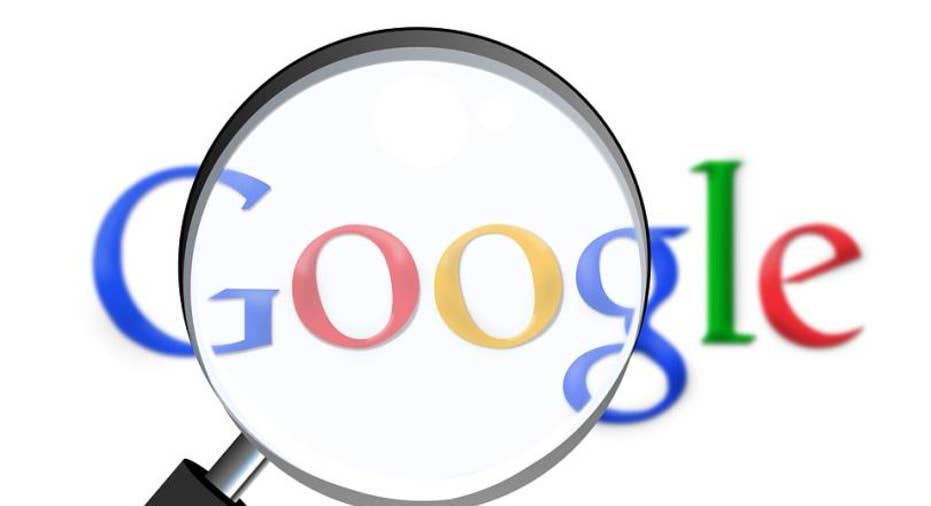Google Moves to Clean Up Bogus Search Results

Following pushback over fake news being surfaced in search results, Google on Tuesday introduced changes to the way it ranks websites in Search along with easier ways for people to provide feedback.
"It's become very apparent that a small set of queries in our daily traffic (around 0.25 percent), have been returning offensive or clearly misleading content, which is not what people are looking for," Google's Vice President of Engineering Ben Gomes wrote in a blog post.
Google is improving the methods it uses to evaluate sites, and is rolling out algorithmic updates to "surface more authoritative content" and demote fake news, Gomes wrote. This way, "issues similar to the Holocaust denial results that we saw back in December are less likely to appear."
As part of the effort, the Google last month updated its Search Quality Rater Guidelines, which real-life evaluators use to assess the quality of its search results. These people offer feedback on Google's search results to help the company identify areas it needs to improve. The updated guidelines "provide more detailed examples of low-quality webpages for raters to appropriately flag, which can include misleading information, unexpected offensive results, hoaxes and unsupported conspiracy theories," Gomes wrote. "These guidelines will begin to help our algorithms in demoting such low-quality content."
Google is also making it easier for people to flag offensive or inaccurate content that appears in Autocomplete and Featured Snippets — the block of information at the top of search results for certain queries, which was the subject of some controversy in March.
"The content that appears in these features is generated algorithmically and is a reflection of what people are searching for and what's available on the web," Gomes explained. "This can sometimes lead to results that are unexpected, inaccurate or offensive."
Now, if you see an offensive Autocomplete prediction as you're typing a query into the Google Search bar, just click the link that says "Report inappropriate predictions" to let Google know about it. Or, if you see a Featured Snippet that looks off, click the "Feedback" link under the box to report it.
As part of this effort, Google is also getting more transparent about its products. To that end, the company has updated its Autocomplete policies along with its How Search Works site to offer users more information.
"While our search results will never be perfect, we're as committed as always to preserving your trust and to ensuring our products continue to be useful for everyone," Gomes wrote.
The changes come after Google earlier this month introduced a new "fact check" label to fight fake news. Facebook and Mozilla also recently teamed up with Craigslist founder Craig Newmark, academic institutions, nonprofits, and other organizations to launch a $14 million consortium dubbed the News Integrity Initiative, aimed at "helping people make informed judgments about the news they read and share online." Plus, Wikipedia founder Jimmy Wales on Monday launched an ad-free news service called Wikitribune, which aims to quell the fake news tide.
This article originally appeared on PCMag.com.



















